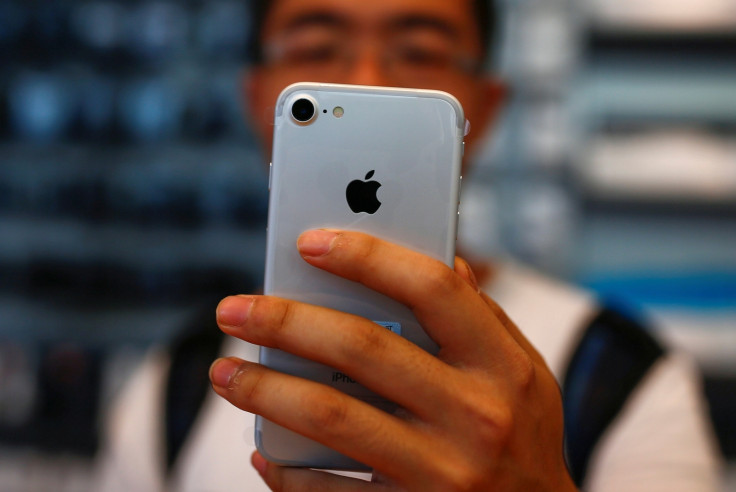Smartphone separation anxiety study reveals why we are so addicted to our phones
Research conducted on South Korea students found we treat smartphones as extensions of ourselves.

Smartphone addiction and anxiety caused by being separated from the devices is only going to get worse, according to the latest round of research into our technology obsession.
But away from the fear of missing phone calls, researchers now believe a major factor contributing to smartphone separation anxiety - also known as nomophobia - is how phones are now where our memories are created and stored.
This transition from communication tool to an extension of our self is leading to increased anxiety when separated from the smartphone for any length of time.
Research conducted by scientists at the City University of Hong Kong and the Sungkyunkwan University in Seoul claim the bond between us and our smartphones is growing stronger because interacting with them and using them to capture, broadcast and share memories is central to experiencing events and forming our memories of them.
The researchers published their findings from surveying over 300 students in South Korea in a report called Understanding Smartphone Separation Anxiety and What Smartphones Mean to People.
The report states: "As smartphones evoke more personal memories, users extend more of their identity onto their smartphones. When users perceive smartphones as their extended selves, they are more likely to become attached to the devices, which, in turn, leads to nomophobia by heightening the phone proximity-seeking tendency."
After speaking to the students, researchers found words like "memory", "I", "my" and "to me" were used commonly in relation to smartphones by participants who demonstrated higher levels of nomophobia. Students in this group also reported more frequent wrist and neck pain due to smartphone use.
The report added: "Those in the high nomophobia group were more likely to get distracted from their studies and work. These findings suggest that the problematic use of smartphones can surely induce negative effects not only on users' physical conditions but also on the overall quality of their everyday life."
Dr Brenda Wiederhold of the Interactive Media Institute, who did not take part in the study, said on EurekAlert: "Nomophobia, fear of missing out (FoMo), and fear of being offline (FoBo) - all anxieties born of our new high-tech lifestyles - may be treated similarly to other more traditional phobias. Exposure therapy, in this case turning off technology periodically, can teach individuals to reduce anxiety and become comfortable with periods of disconnectedness."
© Copyright IBTimes 2024. All rights reserved.






